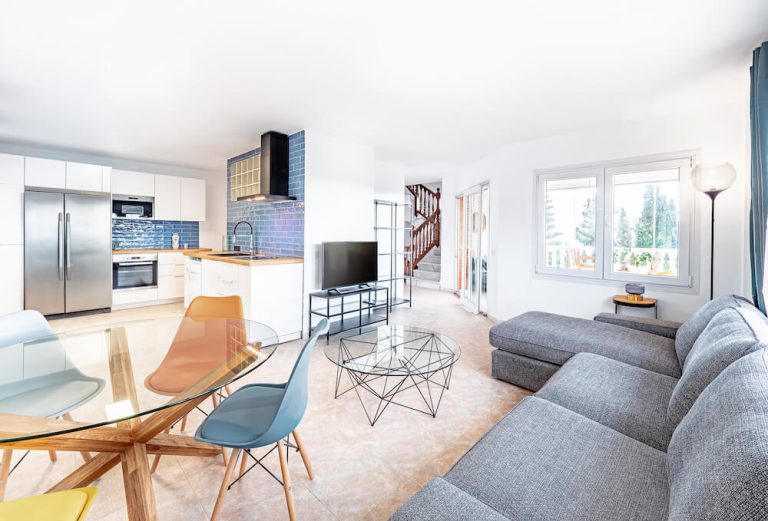The “Airbnb” Tax: A Regulatory Focus on Short-Term Rentals

Property investors who use their investment properties themselves or keep their properties vacant are under increasing scrutiny from regulators.
The Victorian Government recently introduced Australia’s inaugural short-stay property tax. Set to be implemented from 1 January 2025, this tax is anticipated to generate over $70 million annually. Named the Short Stay Levy, it will be equivalent to 7.5% of short-stay accommodation platforms’ revenues. This means that a few days in Melbourne at $850 will come with an additional cost of $63.75, bringing the total stay price to $913.75.
According to the announcement, there are more than 36,000 short-stay accommodation units, with nearly half of them located in regional Victoria. Of these, over 29,000 of them are entire homes.
Property investors now brace themselves for the possibility of similar taxes imposed by local governments or at the state level. For Victorian investment property owners, this follows a temporary land tax surcharge starting from the 2024 land tax year.
Those who keep properties vacant will also face an increase in the absentee owner surcharge rate from 2% to 4%, accompanied by a reduction in the tax-free threshold from $300,000 to $50,000 for non-trust absentee owners.
Some local government taxes on Airbnb-style accommodations are set to be eliminated with the introduction of new tax regulations. In certain areas, councils already impose extra charges on short-term stays. For instance, Brisbane City Council introduced a 50% surcharge on properties listed for short-term rental for more than 60 days a year in their 2022-23 budget, which was subsequently raised to 65% in 2023-24.
What happens overseas?
Looking at international practices, bed taxes in some form are not uncommon, although it’s uncommon to single out one type of tourist accommodation, as the Victorian Government has done.
Additionally, the 7.5% tax rate is higher than many local taxes on short-term stays, which typically hover around 5%, despite California’s Transient Occupancy Tax, which can reach up to 15% depending on the region.
On a global scale, the concept of taxing vacant and short-term accommodations is not a new one. In British Columbia, the Underused Housing Tax, a 1% tax on vacant or underused housing ownership introduced in January 2022, is credited with increasing the rental stock by as much as 20,000 properties.
New York took a different approach to address the issue of limited rental availability by implementing stringent regulations in September 2023. These new rules have a significant impact on Airbnb-style accommodations. Hosts are now required to register with the city if they offer stays of less than 30 consecutive days, except when their property qualifies as a hotel or an established accommodation establishment.
Under these updated regulations, hosts must be permanent residents of the property, effectively ending the option of renting out entire properties. Additionally, the number of guests allowed is limited to just two individuals. The responsibility for ensuring compliance with these rules falls on the platforms themselves, which are tasked with monitoring and enforcing them.
New York is not the only city taking steps to control the proliferation of short-term rentals. Cities like Amsterdam, Paris, and San Francisco have also introduced restrictions, which limit the number of days a whole residence can be listed, ranging from 30 to 90 days in a year.
In NSW, Byron Bay’s local government, the Byron Bay Council, will implement limitations on “non-hosted holiday letting,” allowing it for only up to 60 days per year for most of the Shire starting from 23 September 2024.
But do restrictions on Airbnb create rental stock?
Professor Nicole Gurran, hailing from the University of Sydney’s School of Architecture, Design, and Planning, emphasises that addressing Australia’s long-term rental crisis by regulating short-term rentals demands further concerted efforts.
“In comparison to much of the international regulation of the short-term rental market, Australia is very “light touch”. The overarching aim is to encourage the tourism economy.
“In light of the shifting rental market conditions and the evolving demands for housing, the strategies that were suitable five years ago may no longer suffice. The present crisis necessitates a fresh perspective. It’s imperative to adapt regulations to match the unique dynamics of local housing markets, rather than relying on the current one-size-fits-all approach,” emphasises Professor Gurran.
In a 2017 study, Professor Gurran and Professor Peter Phibbs found that Airbnb absorbed 7% of stock in one Sydney municipality.
So, where is all this going? Governments are likely to seize the opportunity to tap into the thriving short-term rental market, although the specific approach may vary from one State or Territory to another.
Beyond revenue, further regulation is likely to ensure that individual gain from short-term rentals is not at the expense of the supply of long-term accommodation.